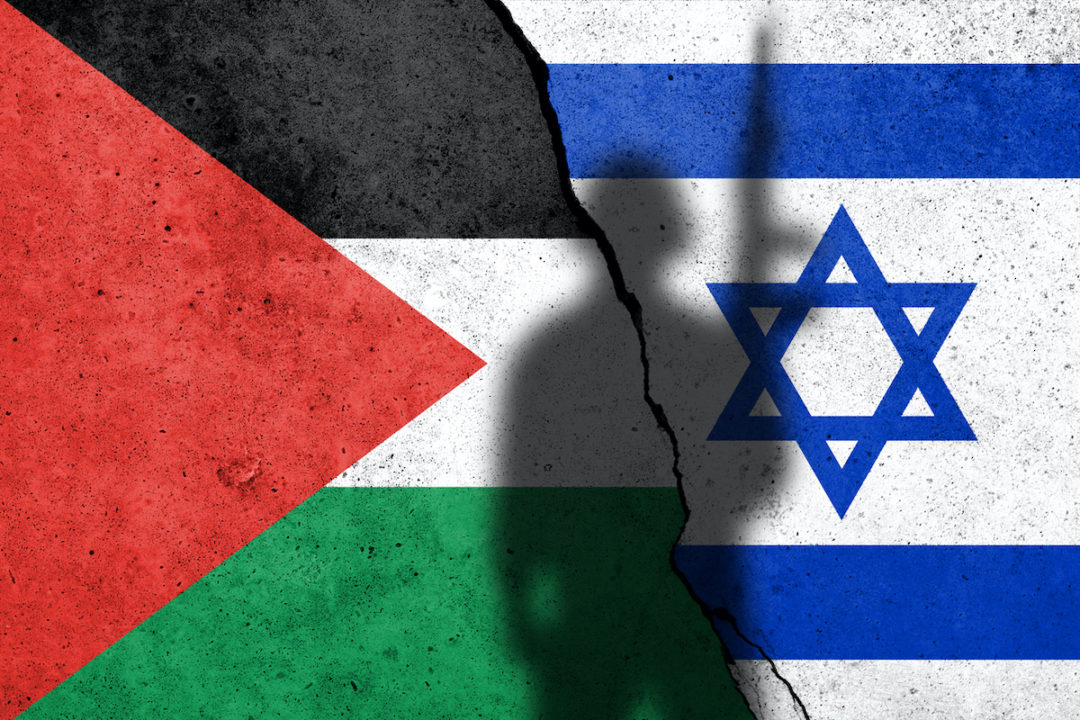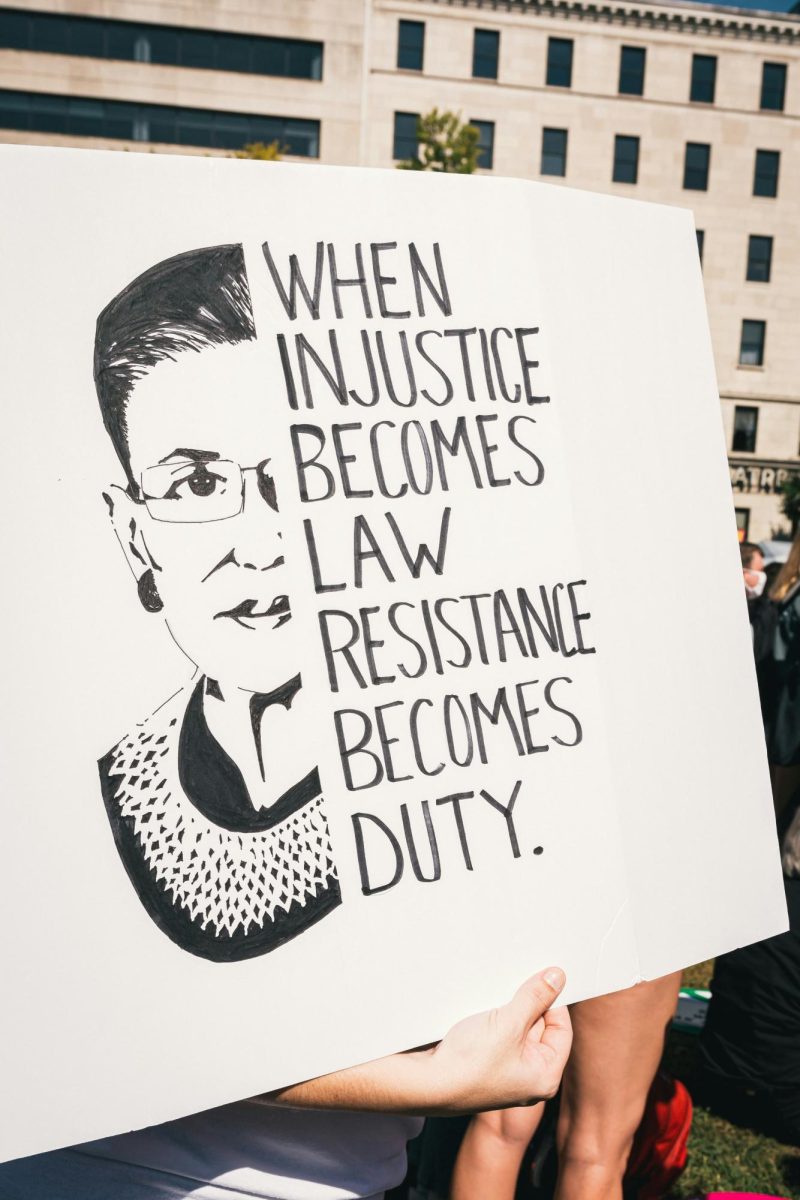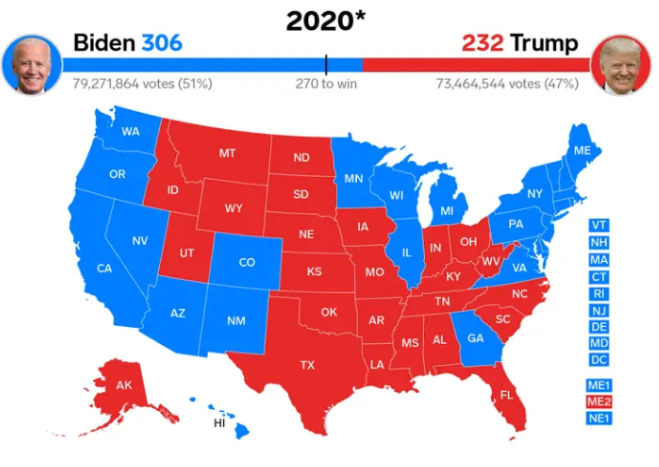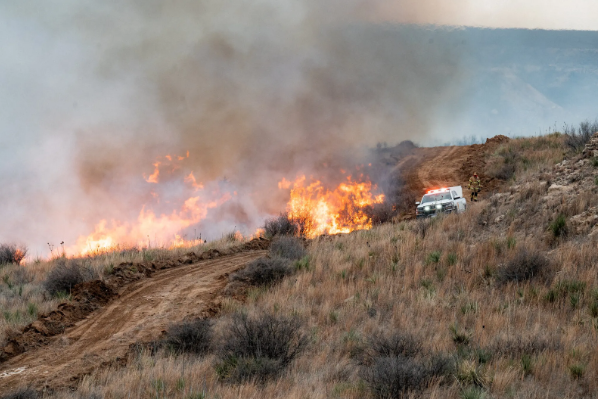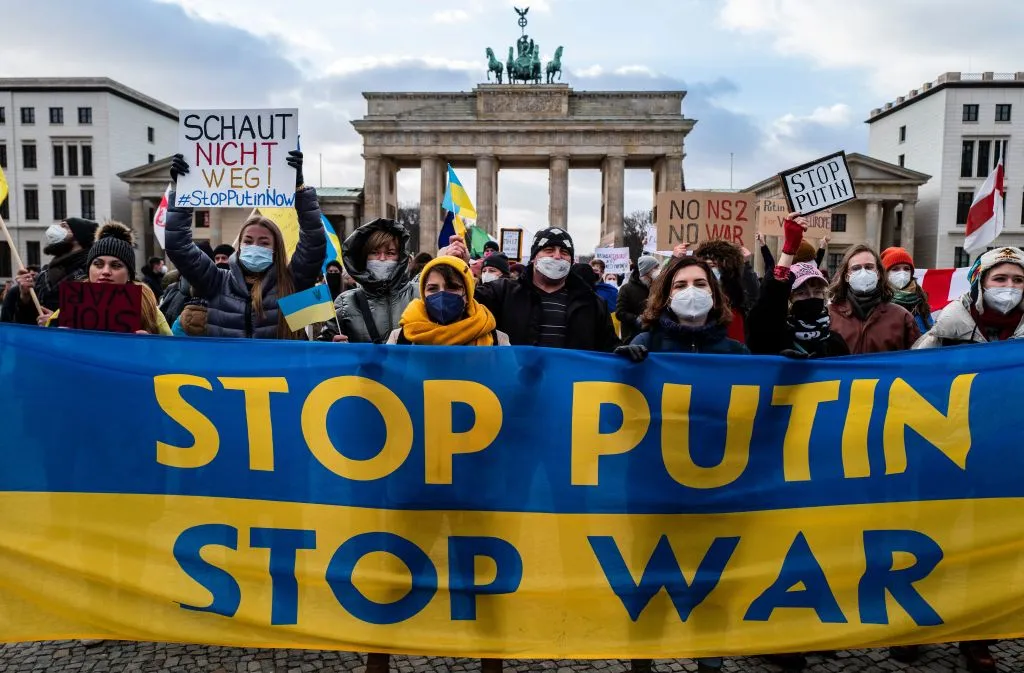On October 7 and 8, Palestine’s militant group, Hamas, invaded Israel. This conflict has been going on for over 75 years.
In 1947, the UN General Assembly adopted the Partition Plan, which was an attempt to divide the British Mandate of Palestine into Arab and Jewish states. On May 14, 1948, the State of Israel was created, sparking the first Arab-Israeli War. The war ended in 1949 with Israel’s victory. The territory then was divided into 3 parts: the State of Israel, the West Bank of the Jordan River, and the Gaza Strip.
Over the years, tensions grew in the region, especially between Israel and its neighbors: Egypt, Jordan, and Syria. In 1967, Israel launched a proactive attack on Egypt and Syria, leading to the Six-Day War. After the war, Israel gained control of various territories. In 1973, Egypt and Syria tried to regain their lost land in the Yom Kippur War; however, they did not make significant progress. Then, in 1979, Egypt and Israel signed the Camp David Accords, ending their long-standing conflict.
Notable moments include: The Operation Cast Lead in 2010, an incident involving the Gaza Flotilla, an additional military clash in Gaza during 2014, the global disagreement over Jerusalem in 2017, the Abraham Accords of 2020, and renewed conflicts in 2021. These episodes serve as important markers in the long, complicated history of the Israel-Palestine conflict, where unresolved land disputes and different historical accounts have consistently gotten in the way of finding a lasting solution, making it a persistent and complex international challenge.
On Saturday the seventh, Hamas launched a surprise air and ground attack on Israel. According to the Israeli military, about 2,200 rockets were fired from the Gaza strip into Israel.
This surprise attack led to the death of many and the kidnappings of over 200 Israelis. According to CNN, the Hamas group called this plan the “Al-Aqsa Storm,” claiming that the assault was a response to what they described as Israeli attacks on women, the desecration of the Al-Aqsa mosque in Jerusalem, and the ongoing siege of Gaza.
Despite being caught off guard, the Israelis responded quickly and strongly. They sent back missiles to what they call Hamas targets in Gaza. These missiles hit the Palestine high tower, causing it to collapse.
Fighting has been non-stop since that early October weekend. Hamas has been retreating back to the city, taking over 100 hostages with them. The organization has also threatened the Israeli Defense Force (IDF), claiming that if airstrikes are targeted at Gaza without warning, the hostages will be killed.
The United States has been monitoring the situation closely and has sent multiple warships to the Mediterranean Sea in support of Israel. There were two Americans held hostage, but they have since been released. Historically, the U.S has played an important role in the Middle East, providing foreign aid and diplomatic support to both Israel and Palestine.
The United States Department of Defense states: “the Senior Defense Official said the unprecedented Hamas attack is notable for its violence. I want to differentiate this from other times we have seen conflicts between Israel and Hamas in Gaza,” the official commented, “this is ISIS-level savagery that we have seen committed against Israeli civilians — houses burned to the ground, (and) young people massacred at music festivals”. There has been conflict between Israelis and Palestinians for centuries. However, these recent events are an extreme escalation. This is not for Americans to simply brush off as more fighting in a region riddled with this violence. What’s happening in this region has significant global implications. The U.S and the majority of Western nations are allies with Israel, while Palestine receives support from the majority of the Middle Eastern nations. This escalation in violence can lead to further global conflict, involving the United States.
The amount of deaths has continued to increase. As of Monday, October 23rd, the death toll has risen to 1,400 Israelis and over 4,000 Palestinians. ABC news reported that there have been at least 22 Americans killed in the battles as well.
While this conflict may be occuring millions of miles away, it demands attention from Americans. This escalation in events should demand attention from high schoolers at large, for future world leaders and engaged citizens should care about the state of global affairs. Let this unfortunate conflict serve as a reminder of the interconnectivity of the world and the need for informed and empathetic global citizens. That can start right here at Hunterdon Central.
